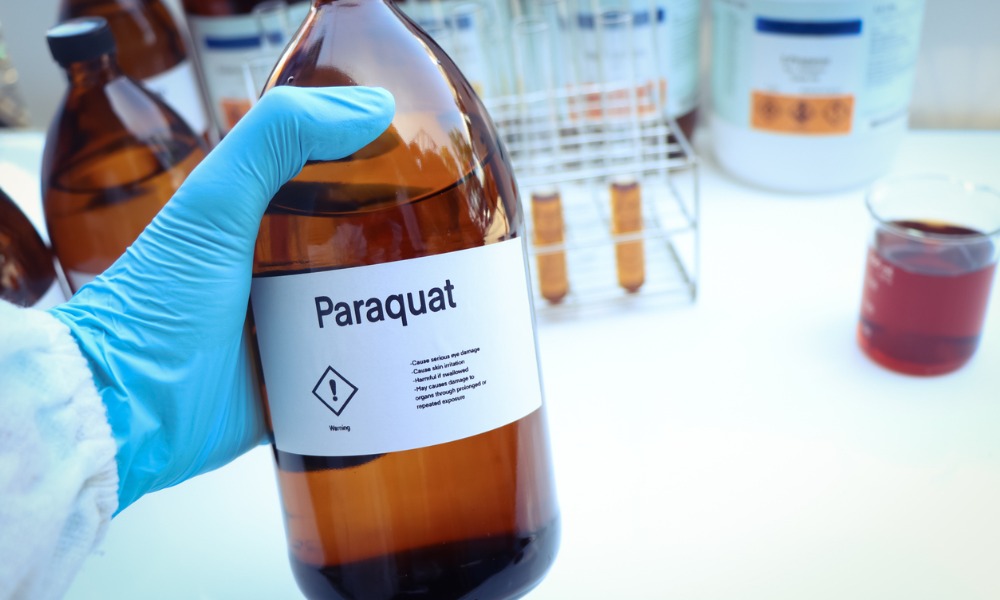
Parkinson's disease diagnoses allegedly attributable to use of agricultural chemicals

The Supreme Court of British Columbia has certified a class action lawsuit involving claims that exposure to Syngenta Canada’s Gramoxone products led to the development of Parkinson’s disease in users.
The Swiss-based defendants, Syngenta Canada and its subsidiaries, were involved in the production and distribution of agricultural chemicals, including Gramoxone, an herbicide that contains paraquat and that has been on the market since 1963.
The plaintiffs, former users of Gramoxone products, brought the action on behalf of individuals across Canada, excluding Quebec, who developed Parkinson’s disease after using Gramoxone products.
The plaintiffs alleged that their long-term exposure to the herbicide led to their diagnoses of Parkinson’s and that the defendants failed to adequately warn users about the dangers associated with the herbicide, particularly the risk of developing Parkinson’s.
The plaintiffs put forward several causes of action, including negligence and battery. They asked for damages, including punitive damages, for the harm caused by the alleged negligence. They also aimed to recover healthcare costs under B.C.’s Health Care Cost Recovery Act, 2008.
“The evidence filed by the plaintiffs on the certification application included, among other things, a collection of internal corporate documents dating back decades, and expert evidence from internationally renowned experts in neurology and epidemiology,” said a news release from Siskinds LLP.
The proposed class action included a family class for the relatives of those affected. After one of the plaintiffs passed away, the litigation continued on behalf of his estate.
In Gionet v Syngenta, 2024 BCSC 1440, the British Columbia Supreme Court granted the certification of the class action upon finding that the plaintiffs met the requirements under B.C.’s Class Proceedings Act, 1996. The plaintiffs’ claims raised common issues that could be resolved on a class-wide basis, the court ruled.
Certification covered the claims relating to negligence, failure to warn, and battery but not the claim for unjust enrichment. The certified common issues included whether paraquat could cause Parkinson's disease, whether the defendants failed to warn users of the risks, and whether the company breached its duty of care in designing and marketing the product.
“Syngenta’s labels make no mention of any implications of chronic exposure, nor do they make any reference to Parkinson’s disease,” wrote Justice Sandra Wilkinson for the court. “The plaintiffs allege the warnings were therefore inadequate to permit Class Members to understand the risks and avert their injuries.”
Following the certification, the litigation will move forward to address these common issues and to determine whether the defendants can be held liable for any harm caused by these products.